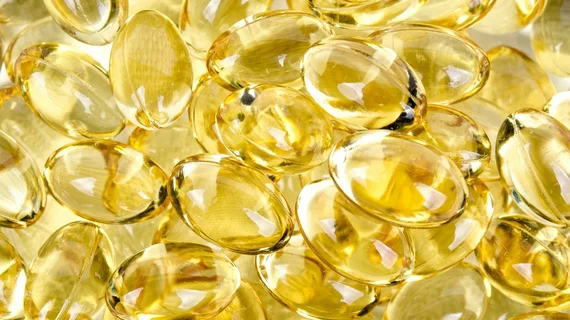More vitamin D could ‘significantly’ lower breast cancer risk
Women who increase their vitamin D blood levels have a “significantly” lower risk for breast cancer, according to a recent study which analyzed data from more than 5,000 women.
The research was published June 15 in PLOS One and combined data from two randomized trials conducted at Creighton University and a group of participants from GrassrootsHealth.
“This study provides strong support that vitamin D plays an important role in breast cancer prevention,” said the principal investigator of the two Creighton studies, Joan M. Lappe, PhD, in a statement. “It also demonstrates that blood levels of vitamin D for breast cancer prevention need to be higher than currently recommended levels for bone health.”
All participants were cancer free when the study began and subsequently followed for an average of four years. Their vitamin D levels were compared to a broad range of serum 25-hydroxyvitamin D (25(OH)D) concentrations—the main form of the vitamin in blood.
Authors found women with a blood level of 60 nanograms per milliliter (ng/ml) or greater had an 80 percent lower risk for breast cancer than those with levels of 20 ng/ml or less.
The Institute of Medicine currently recommends 20 ng/ml as its healthy level of vitamin D, but other groups, such as GrassrootsHealth, have lobbied for higher minimums such as 50 ng/ml.
To achieve the optimal 25(OH)D level of 60 ng/ml, co-author of the study, Cedric F. Garland, said a dietary supplement of 4,000 to 6,000 international units (IU) per day is required. However, 10-15 minutes of moderate daily sun exposure with very minimal clothing would require a less potent supplement. The success of this technique should be monitored using a blood test during winter months, he said in a release.

